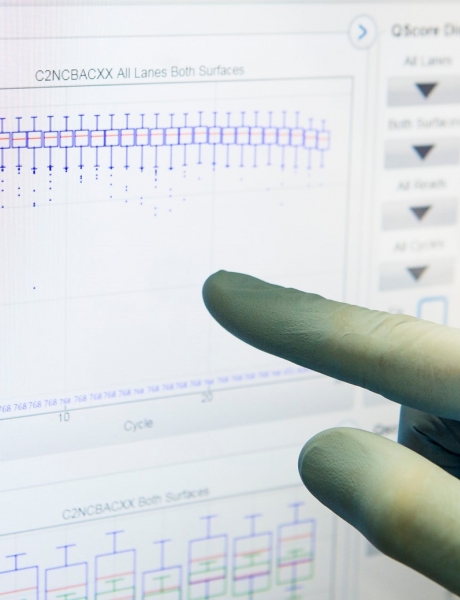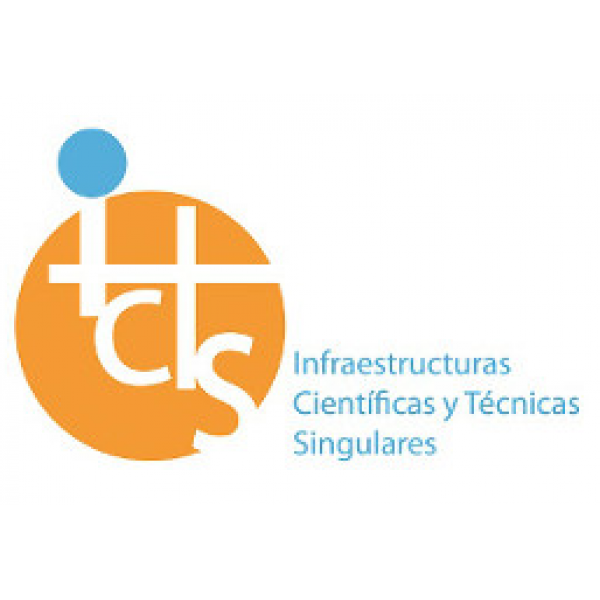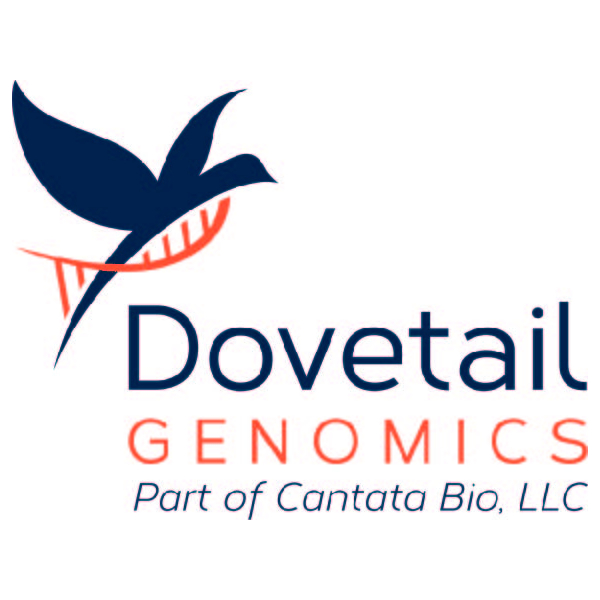
Cancer is increasingly prevalent in society and the efforts of the research community, doctors and administrations to find solutions to this disease are huge. However, it cannot be treated in a uniform way, as there are more than 200 types of cancer. In addition, the disease in each patient is unique, because the mutations that give rise to the development of each of the tumors are different in each case.
CGI-Clinics is a five-year European project which has received 10 million euros from the European Commission and seeks to interpret the profiles of mutations in a specific tumour so that medical doctors can choose the most appropriate treatment for each patient. The platform that analyses potential susceptibilities of each tumour is called Cancer Genome Interpreter and it uses machine-learning and other computational methods to systematically extract information from mutations observed in thousands of tumours—28,000 tumours from 66 types of cancer analysed to date—to improve the interpretation of the variants observed in each patient.
“The Cancer Genome Interpreter, which we have been working on for more than five years, has immense potential and, through this project, we intend to optimise it for its use in hospitals and healthcare centres. We want it to be a key instrument to support the decision-making by clinical oncologists, so that each patient, regardless of the hospital in which the diagnosis is made, receives the most appropriate treatment”, explains Dr Núria López-Bigas, coordinator of the project.











